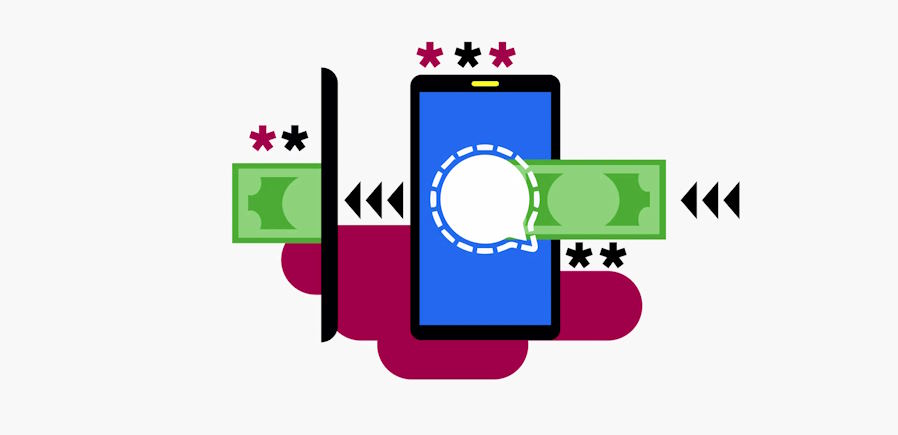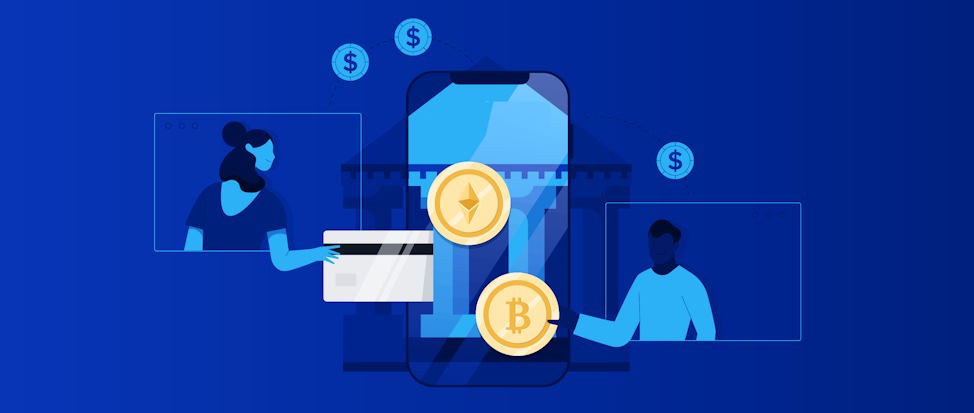
Cryptocurrency exchanges have become the gateway for millions of individuals to enter the world of digital assets and engage in trading activities. As the popularity of cryptocurrencies continues to soar, so does the importance of ensuring the security of these exchanges. With the potential for significant financial gains and losses, it is vital for users to understand and evaluate the security features provided by popular cryptocurrency exchanges.
Security Features in Cryptocurrency Exchanges
Cryptocurrency exchanges serve as crucial platforms for trading digital assets, making security a paramount concern for users. To safeguard their accounts and assets, exchanges implement various security features. Let’s delve into the key security measures found in popular cryptocurrency exchanges.
Secure Communication
Cryptocurrency exchanges prioritize secure communication channels to safeguard sensitive user data. Encryption protocols, such as SSL/TLS (Secure Sockets Layer/Transport Layer Security), are employed to encrypt data transmitted between users’ devices and the exchange’s servers. This encryption ensures that the data remains private and secure, protecting it from potential eavesdropping or tampering. SSL certificates, indicated by the padlock icon in the browser’s address bar, provide visual confirmation of a secure connection, reassuring users that their communication with the exchange is protected.
Asset Protection
Protecting users’ digital assets is of utmost importance in cryptocurrency exchanges. Cold storage and hot wallets are commonly used to store funds. Cold storage involves storing assets offline, disconnected from the internet, thereby minimizing the risk of online attacks. On the other hand, hot wallets are connected to the internet and allow for immediate trading but are subject to higher security risks. Another safeguarding measure is the implementation of multi-signature wallets, which require multiple cryptographic signatures for any transaction, enhancing security and preventing unauthorized transfers. Additionally, reputable exchanges often offer insurance policies to protect users’ funds in case of theft, loss, or hacking incidents.

Compliance and Regulation
Compliance with regulatory standards is crucial for cryptocurrency exchanges to maintain the trust of users and operate within legal frameworks. KYC (Know Your Customer) procedures require users to provide identification documents to verify their identities, reducing the risk of fraudulent activity and promoting a safer trading environment. AML (Anti-Money Laundering) measures are implemented to detect and prevent money laundering and other illicit activities, such as terrorist financing, by monitoring transactions and identifying suspicious patterns or behavior.
Security Audits and Testing
To ensure the ongoing security of their platforms, cryptocurrency exchanges regularly conduct security audits. These audits assess the effectiveness of security measures, identify vulnerabilities, and implement necessary improvements. Additionally, exchanges may employ penetration testing, where ethical hackers simulate real-world attacks to identify weaknesses and vulnerabilities in the system. Some exchanges even offer bug bounties, incentivizing the security community to report any discovered vulnerabilities for rewards.
Additional Considerations for Choosing a Secure Exchange
When selecting a cryptocurrency exchange, it’s essential to consider factors beyond just the security features. Evaluating these additional considerations can help ensure you choose a secure and reliable platform for your trading activities. Let’s explore some important factors to keep in mind:
Reputation and track record:
Research the reputation and track record of the exchange you’re considering. Look for established platforms with a history of secure operations and a strong user base. User feedback, online forums, and industry news can provide insights into the exchange’s reliability and security practices.

Regulatory compliance:
Choose an exchange that adheres to regulatory requirements and operates within the legal frameworks of the jurisdictions it operates in. Compliance with Know Your Customer (KYC) and Anti-Money Laundering (AML) regulations demonstrates a commitment to creating a secure trading environment and mitigating the risk of illicit activities.
Transparency and communication:
A reputable and secure exchange prioritizes transparency and maintains open lines of communication with its users. Look for exchanges that provide clear information about their security practices, policies, and any incidents they may have encountered. Regular updates and responsive customer support contribute to a more secure and trustworthy trading experience.
Insurance coverage:
Consider whether the exchange offers insurance coverage for users’ funds. Insurance can provide an additional layer of protection in the event of theft, loss, or hacking incidents. Exchanges that offer insurance coverage demonstrate a commitment to safeguarding users’ assets.
User reviews and feedback:
Take the time to read user reviews and feedback about the exchange you’re considering. Pay attention to both positive and negative experiences shared by other traders. User feedback can provide valuable insights into the overall security, reliability, and user experience offered by the exchange.

 FEED Token is a Blockchain Company. A team dedicated to enabling digital transformation through innovation in the Blockchain space. FEED Token’ global clientele has been consistently enraptured with its state-of-the-art business snowballing solutions across the Blockchain protocols.
FEED Token is a Blockchain Company. A team dedicated to enabling digital transformation through innovation in the Blockchain space. FEED Token’ global clientele has been consistently enraptured with its state-of-the-art business snowballing solutions across the Blockchain protocols. 